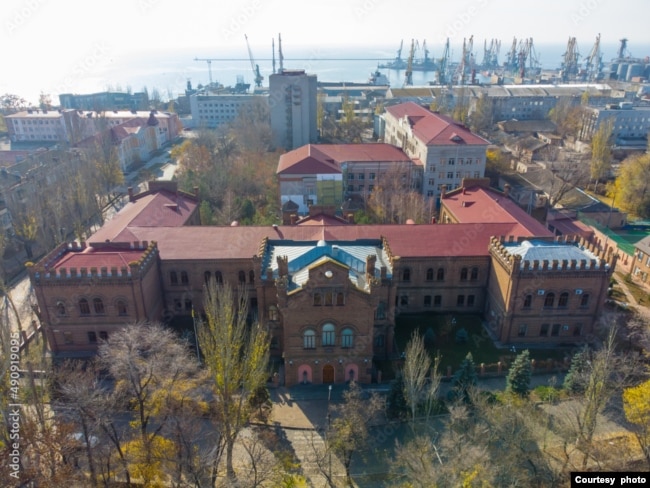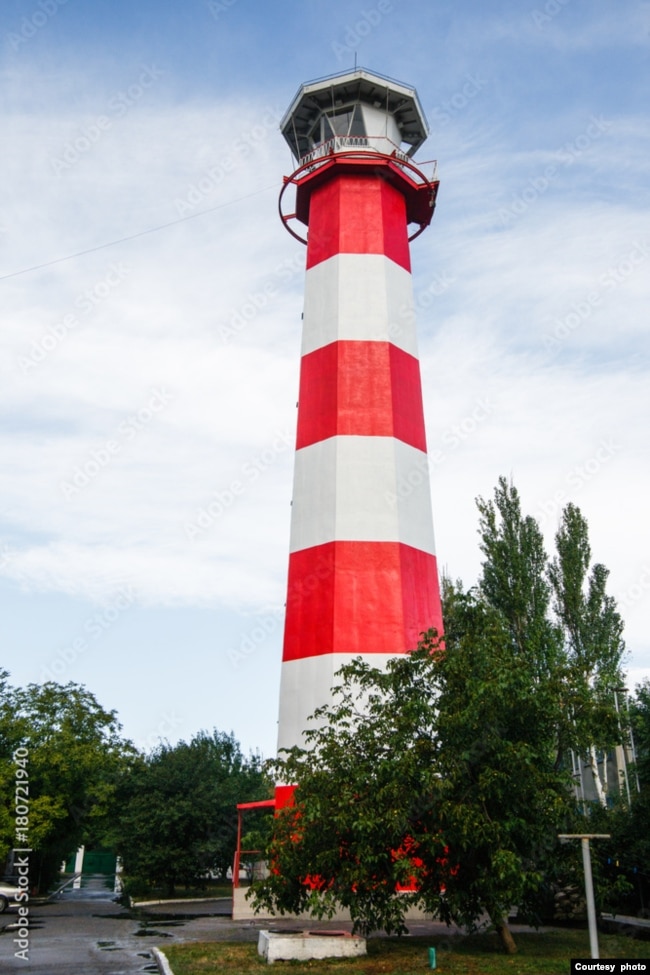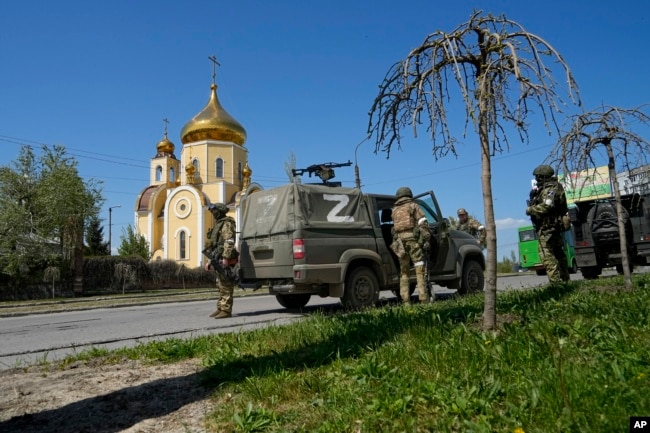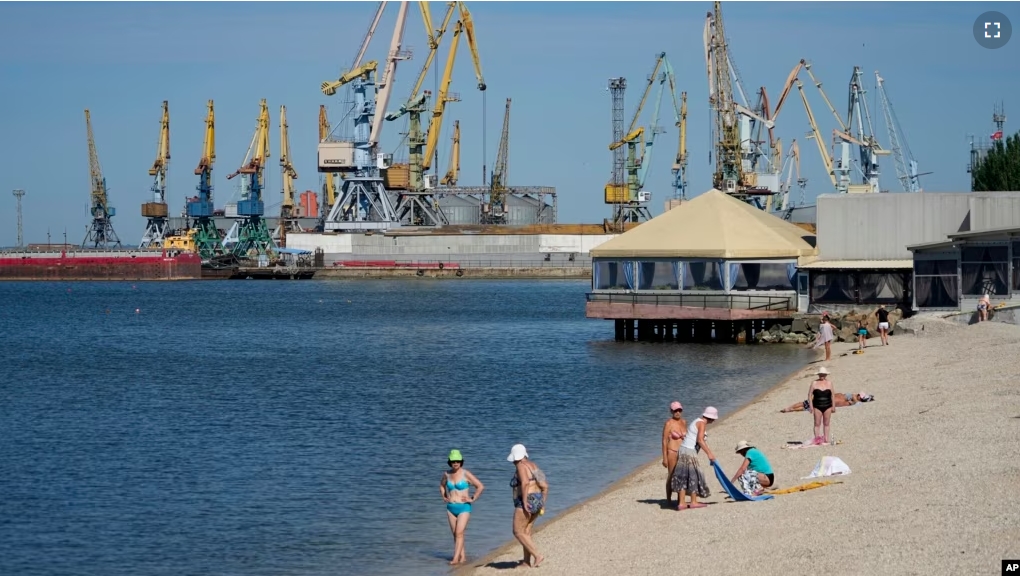Editor’s note: This story is one of the winning entries from the “Teach Us about Ukraine” writing contest sponsored by VOA Learning English and GoGlobal.
Berdiansk is a Ukrainian city on the northern coast of the Azov Sea.
In peacetime, the resort city attracts people from all over the world who come to gain energy from the sun and the sea. During the war, it became a city of resistance, a place of hope for Ukrainians who found themselves under Russian occupation.
Berdiansk was founded in 1827, but according to archaeologists, life here was in full swing in the days of the Scythians, Greeks, Polovtsians, and Nogai. Herodotus, an ancient Greek historian, admired the lands while recalling his travels along the Azov Sea.
Townspeople love to tell the story of the origin of the city’s name. Berda means “god-given, rich” in Turkic. At first, Berda was the name of the local river, and then the city was named after it, Berdiansk.
But the story goes back to the time of the Nogai, a Turkish ethnic group, which inhabited the southern part of Ukraine in the 1500s. An old nomadic leader named Berdy fell in love with a beautiful horsewoman, Tanai, who did not return his love and ran away to throw herself into the sea. The nomadic leader ordered a path made out of stones in the sea to catch the fleeing horsewoman. Tanai disappeared from the horizon. She did not drown but turned into a white-winged seagull. Now, a figure of a seagull girl is installed near the Museum of History of Berdiansk.
During peacetime, visitors come to the city during the summer and enjoy its many bars, discos, and cafes. There is the Safari Zoo with 140 species of animals and Aqualand, an entertainment complex. And its spiritual life includes Orthodox, Catholic, and German Lutheran churches.
The most famous person born in Berdiansk is Volodymyr Khavkin, a 19th-century scientist who developed vaccines against plague and cholera. His contemporaries were Opanas Slastion, the artist who depicted Ukrainian history and life, and Trokhym Zinkivsky, who wanted to revive the Ukrainian nation.

One of the city’s landmarks is the main building of Berdiansk University. Built in 1872, the building looks like the Hogwarts School of Witchcraft and Wizardry from the Harry Potter books. The medieval-style detail and red brick towers make it seem as if wizards really study there.
The city has monuments to summer residents who cultivated the land and the Nursing Bull who saved locals from starvation during World War II. There is a statue of a plumber climbing out of a manhole, a symbol of human vices, and the famous “wishing chair,” where Ukrainians undoubtedly wish for victory against invaders.

The Upper Lighthouse, built in 1877, is one of the oldest lighthouses in Ukraine. It is still shining into the Azov Sea waiting for ships to return to the harbor. During peacetime, merchant ships flew the flags of many countries docked in Berdiansk, the largest port on the Azov Sea.
Russian troops have occupied the port city since February 2022. The city, known for its beaches and beautiful sunsets, is now filled with Russian troops and their military equipment.

In April 2022, RFE/RL reported that “Russian personnel had occupied the government buildings and transformed them into their bases of operation…There was no natural gas or mobile phone coverage. Food, medicine, and fuel were in short supply. Explosions could be heard in the distance, and the occupying forces had appointed a ‘commandant’ from among their military ranks to act as mayor.”
The Russian military also took over schools, churches, and businesses. The Ukrainian language is banned, and people are being tortured.
Ukrainians, however, continued to fight and several died as a result. Valeriy Chibineev, known as Karakurt, died near Gostomel on his 34th birthday while performing a special mission. And teenagers, Nikita Khanganov and Tigran Ohannisyan, were killed by the Russian military for their pro-Ukrainian position.
Last May, Ukrainian forces destroyed several Russian warships in the port. In a statement, Ukrainian armed forces said: “In the Azov operational zone…a large landing ship Saratov was destroyed during the attack on the occupied Berdiansk port.” The attack also damaged two other Russian vessels, Caesar Kunikov and Novocherkassk. Satellite images confirmed the sinking of the Saratov.
I’m Anna Matteo
________________________________________________
Author: Anita Vydnokrai
What do you think of this story? Please let us know in the comments.
